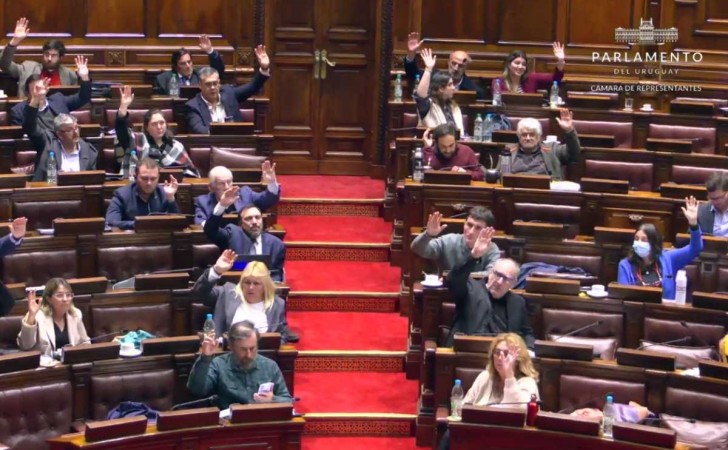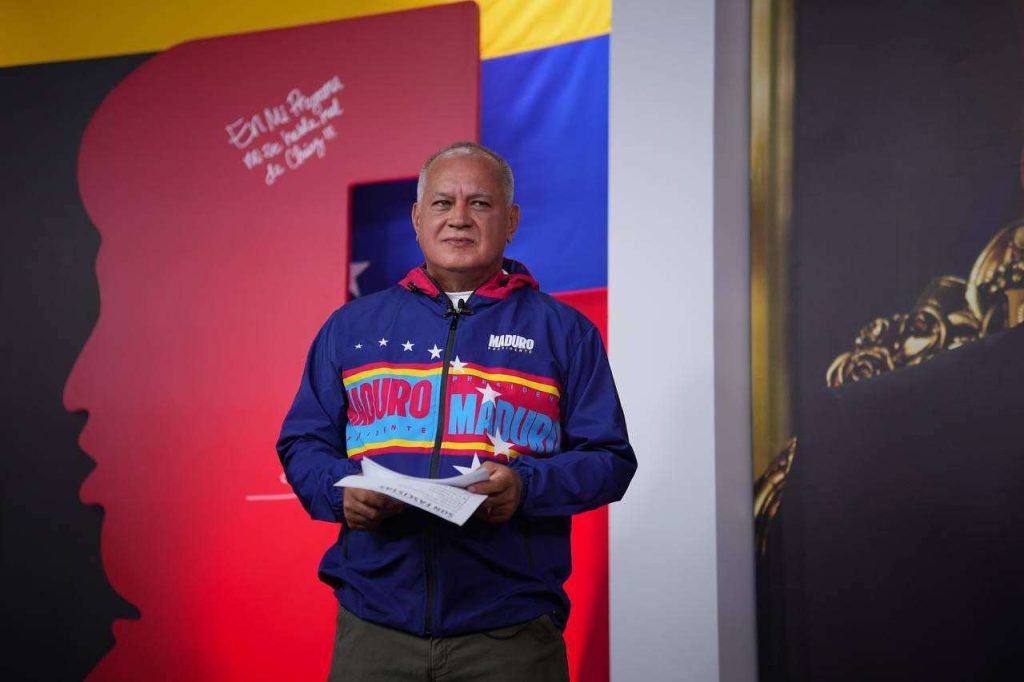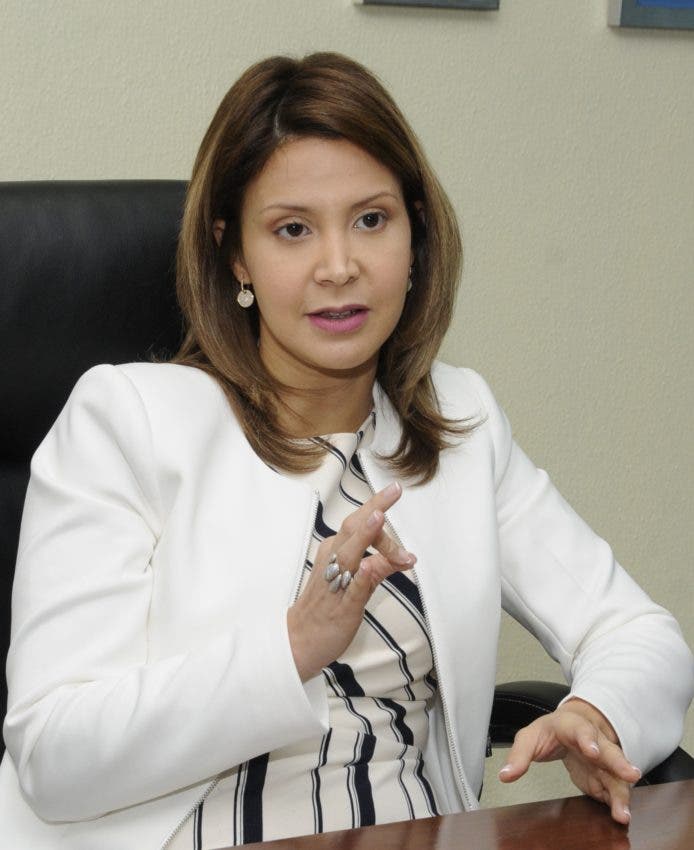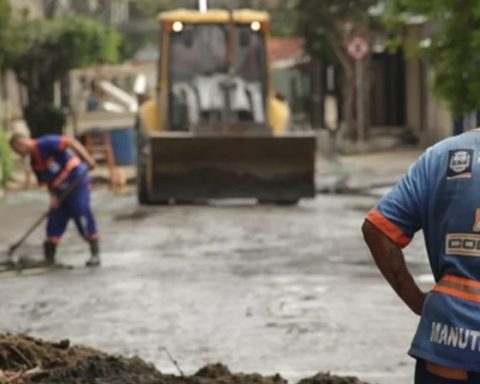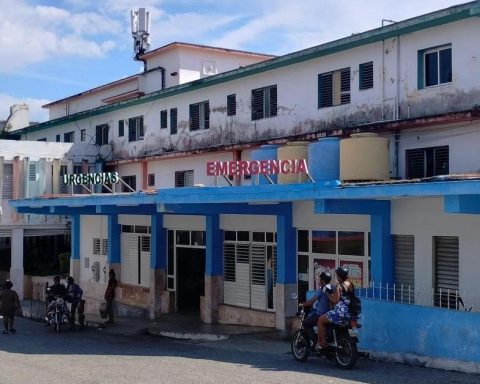The recent debate on the Regulation of Audiovisual Content Broadcasting Services, known as the media law, has generated tensions in the Uruguayan political arena.
The Chamber of Deputies approved the bill by a vote of 50 in favor and 41 against, in an extraordinary session that lasted from Wednesday night until early Thursday morning.
However, the governing coalition is awaiting a possible partial veto by President Luis Lacalle Pou due to the divisions generated by a specific article introduced by Cabildo Abierto.
Lacalle Pou in dilemma: possible presidential veto in the air
The controversial article 72 requires that broadcast services provide information and analysis in a “complete, impartial, serious, rigorous, plural and balanced” manner. This measure has been controversial, especially for its coalition partners. The Colorado Party, although it voted in favour, expressed its disagreement and made clear the possibility of the article being eliminated if Lacalle Pou does not veto it.
In contrast, the Frente Amplio has openly spoken out against the new law, arguing that it benefits large media corporations to the detriment of national interests. Deputy Gabriel Tinaglini was emphatic in his criticism, pointing out that the law represents “a profitable business” for the main media outlets, citing access to Antel’s fiber optic infrastructure as one of the main reasons.
Tinaglini argued that the new regulations could increase the foreignization of the media and contribute to the increase in media concentration in Uruguay. He also expressed his concern about the impact on cable operators in the interior, stating that “what is at stake is the revaluation of the cable business, what is at stake is access to Antel’s fiber optics.”
According to the MP, this accentuates a structural problem that favours certain media conglomerates at the expense of fair competition and the improvement of the telecommunications sector.
The Frente Amplio’s position has been clear from the beginning of these discussions: to maintain Law 19,307 in force. They consider the new law as another concession on the agenda of Lacalle Pou’s government, which could have negative implications on the country’s information diversity and plurality.
As the country awaits Lacalle Pou’s decision on the veto, concerns persist about how this law could reshape Uruguay’s media landscape, affecting both current players and consumers of information. Finding a balance between political and economic interests will remain a crucial challenge for the country’s lawmakers.
